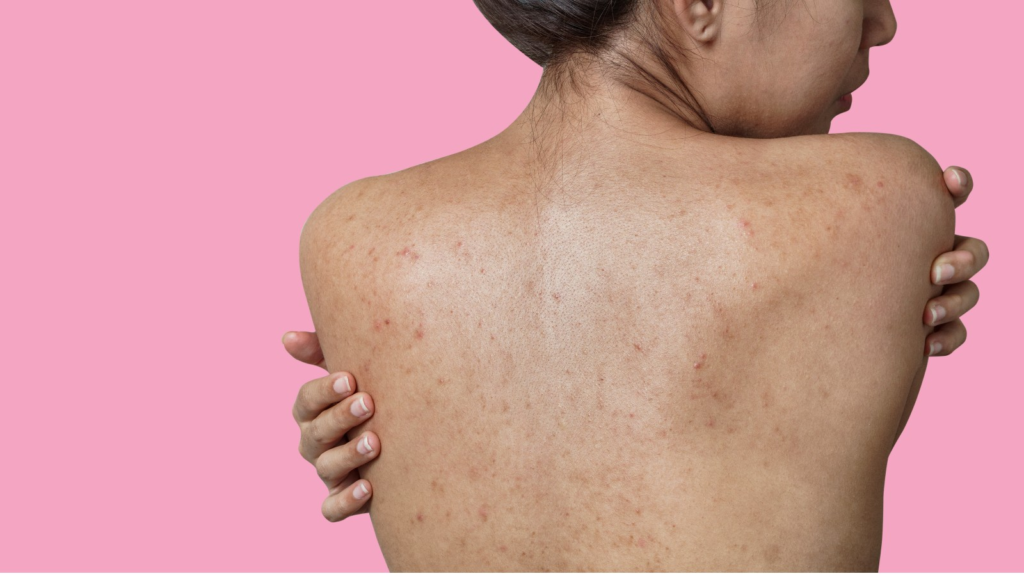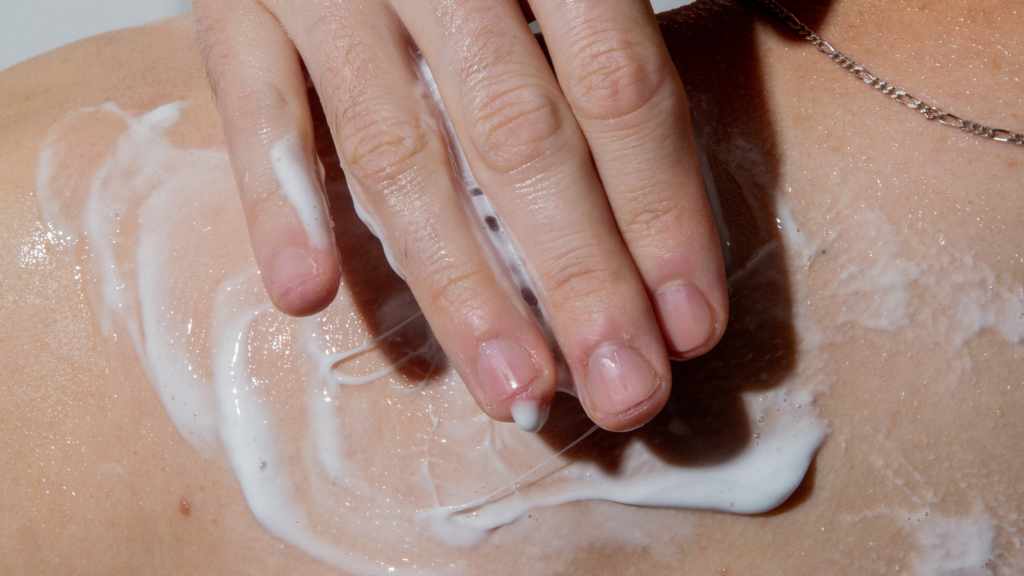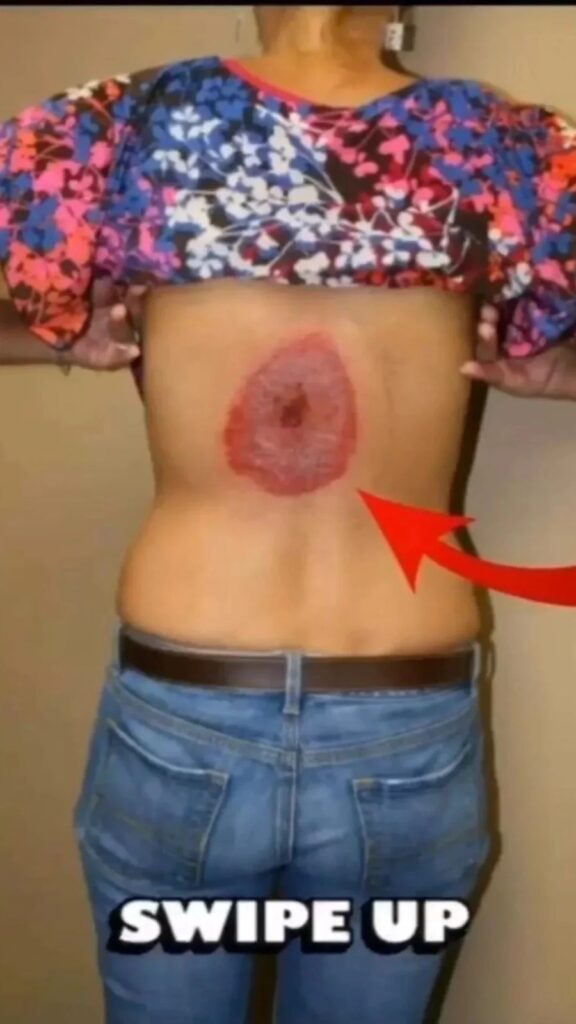
Body acne can be a frustrating and persistent issue for many people. While facial acne often gets the most attention, breakouts on the chest, back, shoulders, and other areas of the body can be just as troublesome. They can affect self-confidence, limit clothing choices, and sometimes cause discomfort. Thankfully, with the right approach, body acne can be managed effectively. This article will cover the causes of body acne and provide ten practical tips to help you achieve clearer skin.
Understanding Body Acne

Body acne develops similarly to facial acne. It occurs when hair follicles become clogged with oil, dead skin cells, and bacteria. Factors such as hormonal changes, sweat, friction from clothing, and even stress can exacerbate the condition. Unlike facial skin, the skin on the body is often thicker and has larger pores, which can lead to more severe breakouts in some cases. However, with a consistent skincare routine and lifestyle adjustments, body acne can be managed and reduced.
10 Tips to Get Rid of Body Acne

Use a Gentle Body Wash with Salicylic Acid
Salicylic acid is a well-known ingredient that helps to exfoliate the skin and unclog pores. Using a body wash containing this ingredient can help reduce body acne. It’s gentle yet effective, penetrating deep into the pores to remove excess oil and dead skin cells. Look for a body wash specifically formulated for acne-prone skin and use it daily for the best results.
Exfoliate Regularly
Regular exfoliation helps remove dead skin cells that can clog pores and lead to breakouts. Use a gentle exfoliating scrub or a body brush 2-3 times a week. However, be careful not to over-exfoliate, as this can irritate the skin and worsen acne. Opt for products that contain gentle exfoliants like glycolic acid or lactic acid, which help to smooth the skin without causing damage.
Shower After Sweating
Sweat can mix with oil, dirt, and bacteria on your skin, leading to clogged pores and acne. It’s crucial to shower as soon as possible after activities that cause you to sweat, such as exercising or being in a hot environment. Use a gentle, non-comedogenic body wash to cleanse your skin thoroughly. This will help prevent sweat-induced breakouts and keep your skin fresh.
Wear Loose-Fitting Clothing
Tight clothing can trap sweat and oil against the skin, contributing to acne. Opt for loose-fitting, breathable fabrics like cotton that allow your skin to breathe and reduce friction. Avoid tight workout clothes that can cause irritation and use moisture-wicking fabrics when exercising to help keep the skin dry.
Avoid Harsh Products
Using harsh soaps, body washes, or scrubs can strip your skin of its natural oils, leading to irritation and increased oil production. Choose mild, fragrance-free cleansers and skincare products that are labeled as non-comedogenic, meaning they won’t clog pores. Harsh products can exacerbate body acne, so stick to gentle options.
Change Your Sheets and Towels Regularly
Sheets, pillowcases, and towels can harbor oil, sweat, and bacteria that can transfer to your skin. Wash your sheets and towels at least once a week using a gentle detergent. If you have particularly oily skin, consider changing your pillowcase more frequently to reduce the risk of acne-causing bacteria coming into contact with your skin.
Use Topical Treatments
Over-the-counter topical treatments like benzoyl peroxide and tea tree oil can be effective in treating body acne. Benzoyl peroxide helps to kill acne-causing bacteria, while tea tree oil has natural antibacterial and anti-inflammatory properties. Apply these treatments to affected areas after showering and before bed to reduce breakouts and promote healing.
Incorporate a Healthy Diet
Diet can play a role in the health of your skin. A diet high in sugar, dairy, and processed foods can trigger acne in some people. Incorporate more fresh fruits, vegetables, whole grains, and lean proteins into your diet. Drinking plenty of water can also help keep your skin hydrated and flush out toxins that can contribute to acne.
Avoid Picking or Squeezing Pimples
Picking or squeezing body acne can lead to scarring, inflammation, and even more breakouts. It can also push bacteria deeper into the skin, worsening the condition. If you feel the urge to pick, keep your hands occupied or use acne patches that cover the blemish and promote healing. Let the treatments do their work and avoid touching the affected areas.
Seek Professional Help if Needed
If over-the-counter treatments and lifestyle changes aren’t helping, it may be time to consult a dermatologist. A healthcare professional can provide a tailored treatment plan that may include prescription-strength topical or oral medications. They can also perform procedures such as chemical peels or laser therapy to help clear up stubborn body acne.
FAQs
1. Can body acne be caused by hormones?
Yes, hormonal fluctuations can contribute to body acne. Hormones can increase the production of sebum (oil), leading to clogged pores and breakouts. This is why body acne is common during puberty, menstrual cycles, pregnancy, and periods of stress.
2. Is body acne the same as facial acne?
Body acne and facial acne are similar in that they both result from clogged pores. However, the skin on the body is often thicker and has larger pores, which can lead to different types of breakouts. Additionally, body acne is more likely to be influenced by factors such as friction, sweat, and clothing.
3. How long does it take for body acne treatments to work?
It can take several weeks to notice significant improvement in body acne after starting a treatment regimen. Consistency is crucial. Most over-the-counter treatments can take anywhere from 4 to 8 weeks to show results. If there’s no improvement after a few months, consult a dermatologist.
4. Can diet really affect body acne?
Yes, diet can play a role in the development of acne. Foods high in sugar, dairy, and processed ingredients can trigger acne in some people. Eating a balanced diet rich in fruits, vegetables, and whole foods can help support clearer skin.
5. Are there any home remedies for body acne?
Some home remedies can help manage body acne. For example, using diluted tea tree oil as a topical treatment, applying apple cider vinegar as a toner, or taking oatmeal baths can soothe inflamed skin. However, it’s essential to patch-test any new remedy and use them in conjunction with a proper skincare routine.


